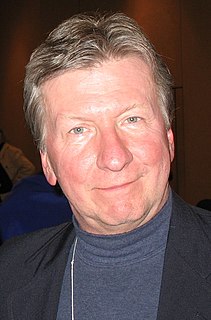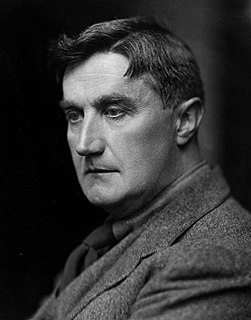A Quote by Walker Percy
[In art] you are telling the reader or the listener or the viewer something he already knows but which he doesn't quite know that he knows, so that in the action of communication he experiences a recognition, a feeling that he has been there before, a shock of recognition.
Related Quotes
There are four types of men in this world: 1. The man who knows, and knows that he knows; he is wise, so consult him. 2. The man who knows, but doesn't know that he knows; help him not forget what he knows. 3. The man who knows not, and knows that he knows not; teach him. 4. Finally, there is the man who knows not but pretends that he knows; he is a fool, so avoid him.
Men are four;
He who knows and knows not that he knows. He is asleep; wake him.
He who knows not and knows not that he knows not. He is a fool; shun him.
He who knows not and knows that he knows not. He is a child; teach him.
He who knows and knows that he knows. He is a king; follow him.
The heights by great men reached and kept
Were not attained by sudden flight,
But they, while their companions slept,
Were toiling upward in the night.
A man’s ignorance sometimes is not only useful, but beautiful - while his knowledge, so called, is oftentimes worse than useless, besides being ugly. Which is the best man to deal with - he who knows nothing about a subject, and, what is extremely rare, knows that he knows nothing, or he who really knows something about it, but thinks that he knows all?
Anyone who has had an experience of mystery knows that there is a dimension of the universe that is not that which is available to his senses. There is a pertinent saying in one of the Upanishads: When before the beauty of a sunset or of a mountain you pause and exclaim, ‘Ah,’ you are participating in divinity. Such a moment of participation involves a realization of the wonder and sheer beauty of existence. People living in the world of nature experience such moments every day. They live in the recognition of something there that is much greater than the human dimension.
There [is] a feeling of recognition, as of meeting an old friend, which comes to us all in the face of great artistic experiences. I had the same experience when I first heard an English folksong, when I first saw Michelangelo's Day and Night, when I suddenly came upon Stonehenge or had my first sight of New York City - the intuition that I had been there already.






































